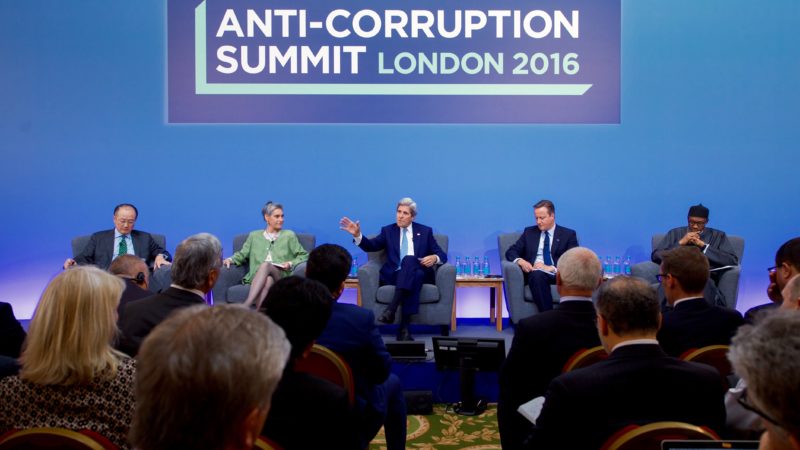The Tory Government has weakened the Anti-Money Laundering Bill again and again. Anneliese Dodds explains how, if made stronger, it could end corruption in Britain.

This week marks two years since the Government’s much lauded Anti-Corruption Summit.
The Summit was designed to tackle corruption across the world and included a number of measures that could help tackle tax avoidance and evasion. But since then, only 53% of pledges are complete, with next to no action taken on 20% of them.
I have spent the past four years fighting for the UK to take the lead in tackling these problems as both an MEP and an MP. Like many others, I welcomed the pledges made at the Anti-Corruption Summit with a mixture of optimism and scepticism.
We have seen the past two Conservative-led governments offer strong words in tackling these problems, but they have offered little in the way of actions.
Most recently, as the Labour shadow treasury lead on the Sanctions and Anti-Money Laundering Bill, I had tabled amendments calling on the Government to implement proper, public registers of beneficial ownership for companies in the Overseas Territories. As major financial centres, we know from recent investigations that some Overseas Territories can act as a black hole for illicit finance and money laundering.
By forcing companies registered there to publish who their true owners are, we can trace dirty money back to its source.
At each stage of the Bill, from second reading to report stage, I tabled an amendment calling on the Government to introduce these registers. Time after time, the responding minister would swat away our requests on this and many other urgent issues designed to tackle economic crime. Every vote we held was defeated.
Ultimately, it took the cross-party efforts of Margaret Hodge and Andrew Mitchell to force the Government’s hand. By tabling their back-bench amendment they were able to force the Government into a humiliating climbdown at the last moment.
While this win should be properly celebrated, it should be done so in context.
The Government still succeeded in voting down our amendments calling for them to honour their commitment at the Anti-Corruption Summit to introduce a public register of overseas owners of UK property by 2018.
They also succeeded in preventing us from extending the public registers of companies to the Crown Dependencies.
Another pledge, to hold a consultation on extending the scope of a criminal offence to include ‘failure to prevent economic crime’, has yet to be completed. While the consultation closed in March 2017, we still don’t have a response from the government. This pledge was supposed to be fulfilled by the Summer of 2016.
We need strong and effective action on tax transparency and economic crime – as Labour has promised – not a government which seems resistant to change at every turn.
Anneliese Dodds MP is shadow financial secretary to the treasury. She tweets here.
To reach hundreds of thousands of new readers we need to grow our donor base substantially.
That's why in 2024, we are seeking to generate 150 additional regular donors to support Left Foot Forward's work.
We still need another 117 people to donate to hit the target. You can help. Donate today.



